Some actors insist on blaming Iran, brush aside diplomacy in Vienna talks: Iran negotiator
Iran’s chief negotiator to the Vienna talks on the removal of anti-Iran sanctions has lambasted Western parties over their insistence on playing a blame game against Iran, advising them to pursue real diplomacy.
In a post published on his Twitter page on Tuesday, Ali Bagheri Kani stated that the Iranian delegation has already tabled proposals on the removal of illegal and cruel US sanctions on Tehran and the nuclear issue and is strenuously trying to narrow the gaps in the Vienna talks.
“Some actors persist in their blame game habit, instead of real diplomacy. We proposed our ideas early, and worked constructively and flexibly to narrow gaps,” said Bagheri Kani, who serves as Iran’s deputy foreign minister for political affairs.
Some actors persist in their blame game habit, instead of real diplomacy.
— علی باقریکنی (@Bagheri_Kani) December 14, 2021
We proposed our ideas early, & worked constructively & flexibly to narrow gaps; diplomacy is a 2 way street. If there's real will to remedy the culprit's wrongdoing, way for quick good deal will be paved. https://t.co/I2CO1bQxO0
He highlighted that the United States’ wrongful withdrawal from the Iran nuclear deal, officially known as the Joint Comprehensive Plan of Action (JCPOA), could be remedied, provided there exists a genuine will to do so.
“Diplomacy is a two-way street. If there’s real will to remedy the culprit’s wrongdoing, the way for a quick, good deal will be paved,” Bagheri Kani said.
The remarks came a day after British, French, and German diplomats said the major powers and Iran had not yet begun talks about salvaging the JCPOA, warning that the nuclear deal would soon become futile without progress.
Bagheri Kani had previously stated that the Iranian side has not received any constructive initiative or proposal from the opposite side during the ongoing Vienna talks.
The JCPOA was abandoned by former US president Donald Trump in May 2018. Trump then targeted Iran’s economy with what he called a “maximum pressure” campaign, which failed to compel Iran to negotiate a “new deal.”
Iran and the five remaining parties to the JCPOA – Germany, Britain, France, Russia, and China – began the talks in the Austrian capital in April with the aim of removing the sanctions after the US, under President Joe Biden, voiced willingness to return to the agreement.
During the seventh round of the Vienna talks, the first under President Ebrahim Raeisi, Iran presented two draft texts which address, separately, the removal of US sanctions and Iran’s return to its nuclear commitments under the JCPOA. Tehran also said it was preparing a third draft text on the verification of the sanctions removal.
Prior to and in the midst of the fresh round of talks, American and European diplomats voiced strong pessimism about the prospects of the talks, claiming Iran was not serious.
The Americans, in the meantime, have said they will not remove all the sanctions that they imposed on Iran after their withdrawal. They have also declined to provide guarantees that the US will not leave the JCPOA again, once it is accepted back into the deal.
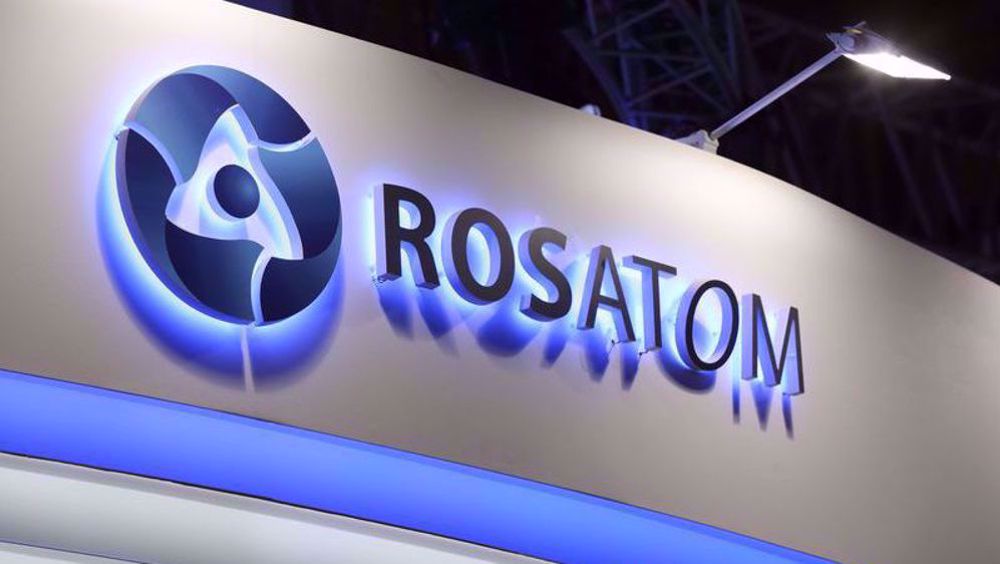
Russia’s Rosatom in ‘large-scale’ talks with Iran to build another power plant: CEO
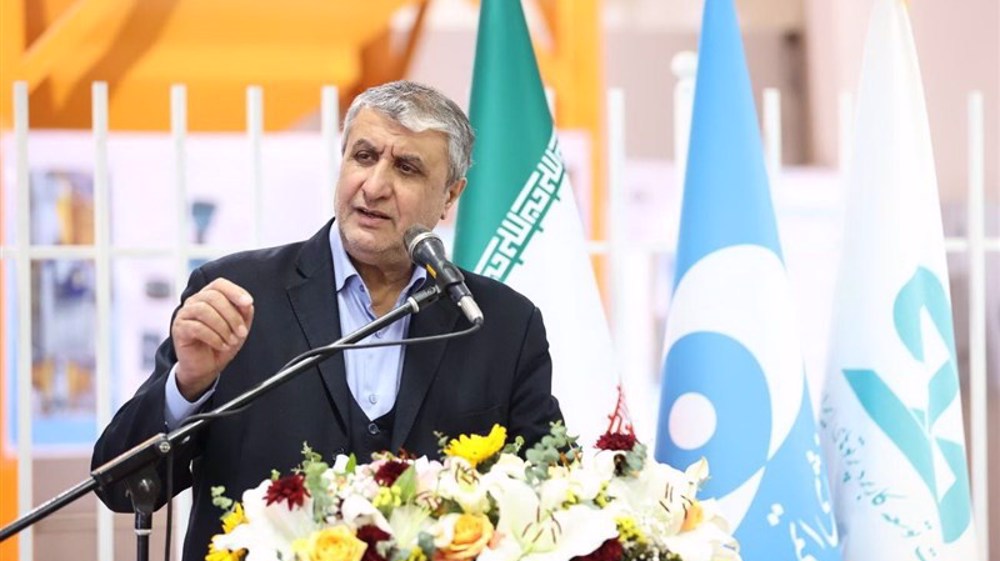
Official: Iran mastering construction of nuclear power plants
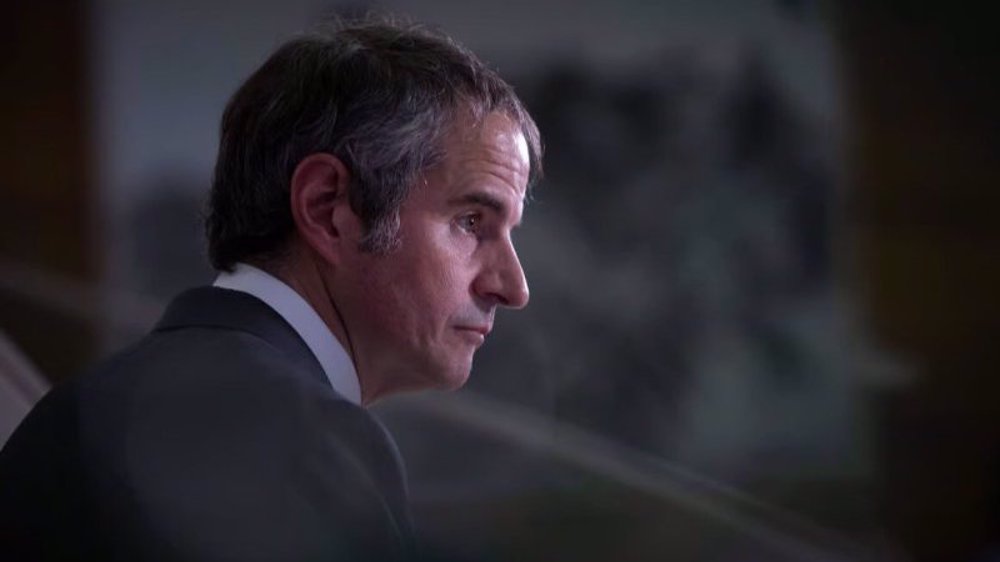
Iran raps Grossi's 'political' remarks serving pretext to pressure Tehran
Hezbollah's display of power proved resistance cannot be eliminated: Iran parl. speaker
Israel escalates West Bank raids as official says regime seeking to complete Gaza genocide
Australian senator smeared by anti-Iran groups for saying Iranian women 'have a voice'
Palestinian man dies in Israeli prison as Foreign Ministry urges intl. probe into regime’s crimes
Putin says not opposed to Europeans’ involvement in Ukraine talks
VIDEO | Iranian Kurdish protesters demand European action against PKK, PJAK terror
VIDEO | Israel expands offensive in northern West Bank, deploys tanks to Jenin
VIDEO | Spaniards fill streets of Cádiz in solidarity with Palestine


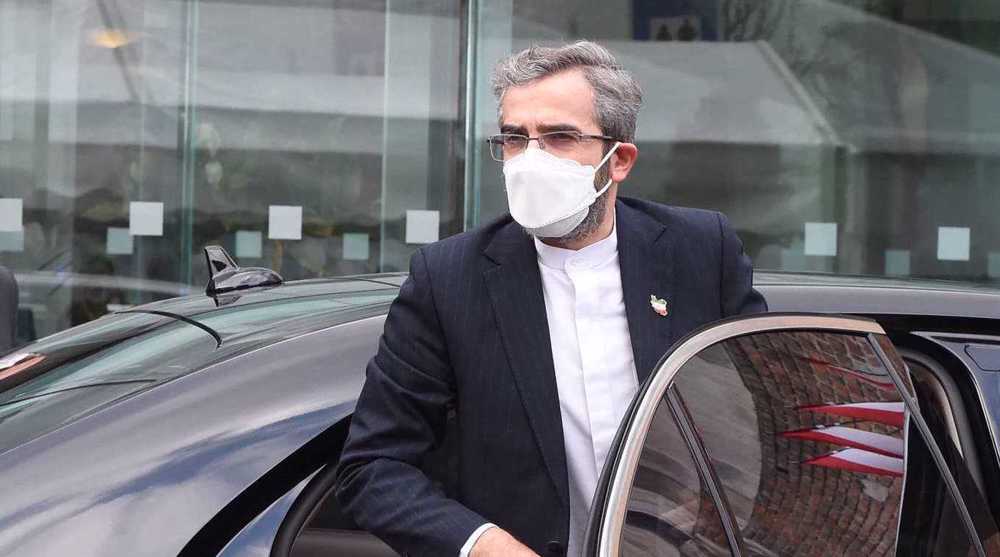
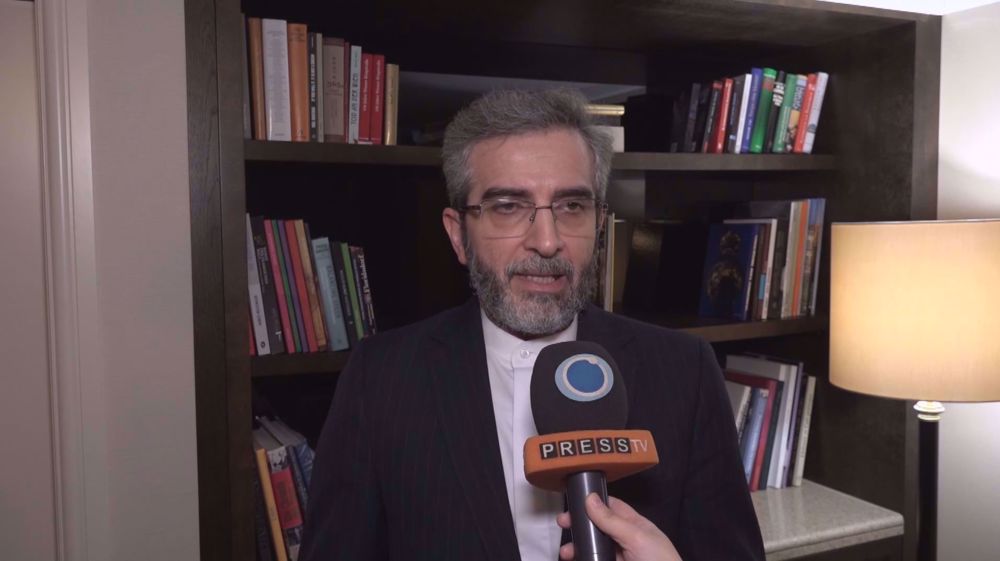
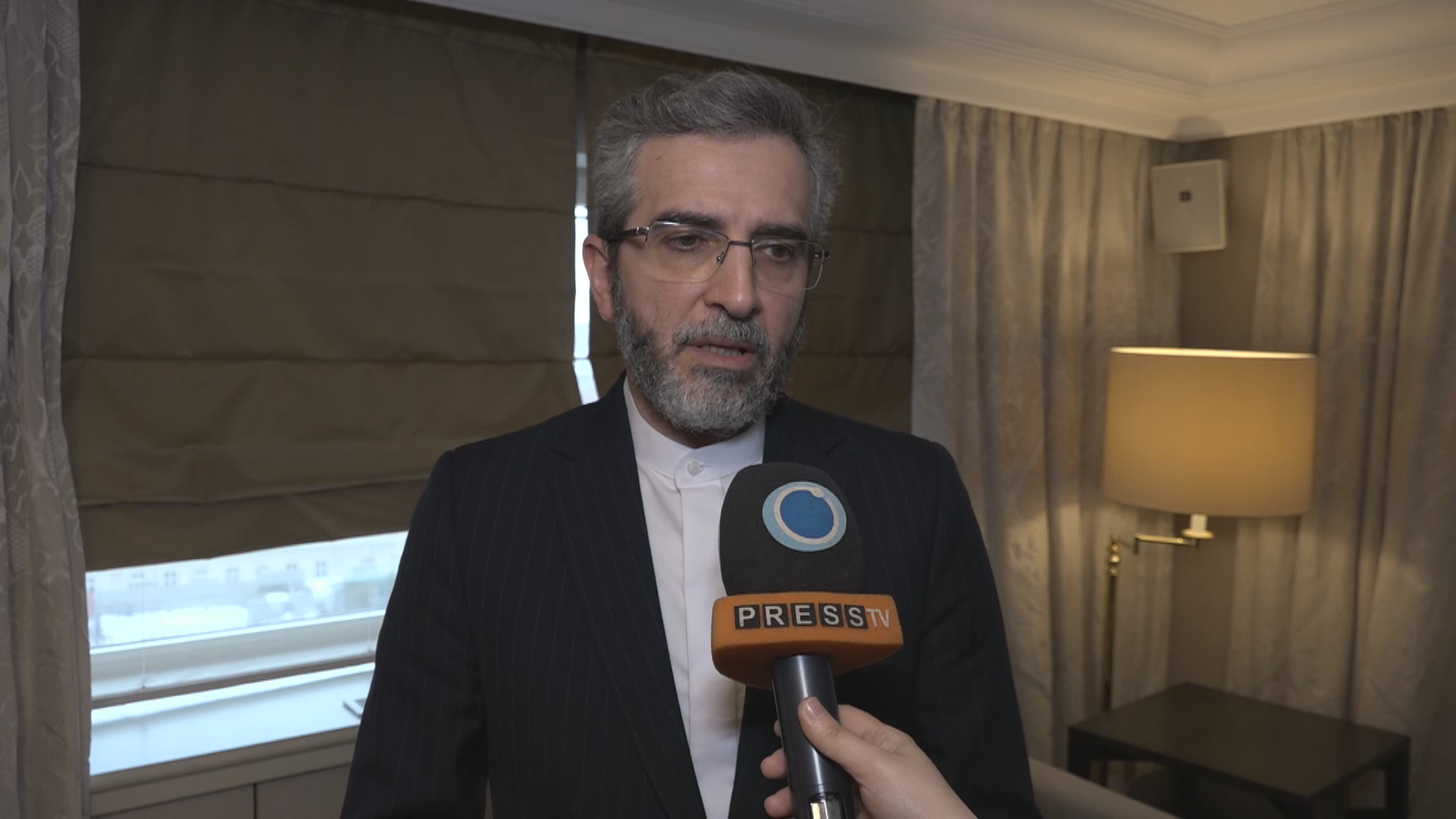



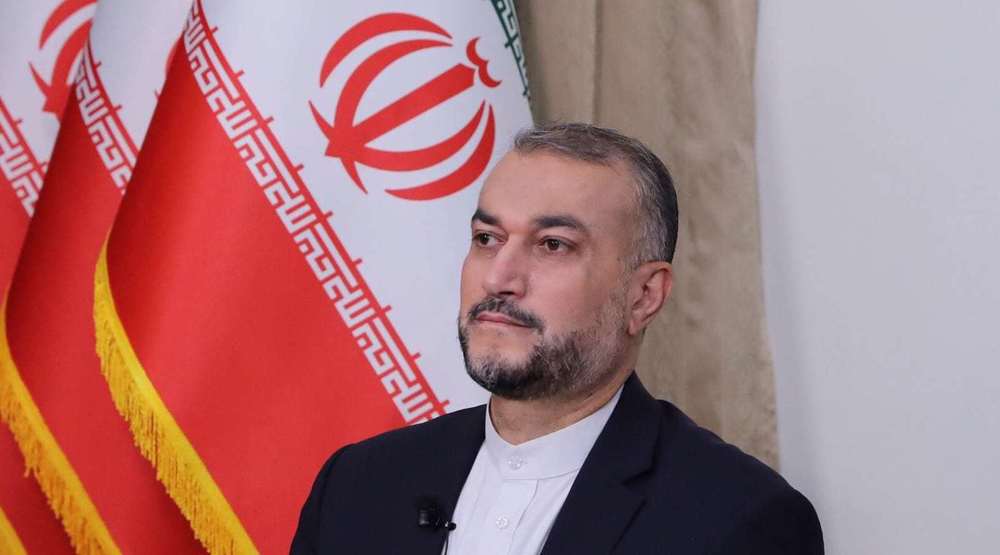
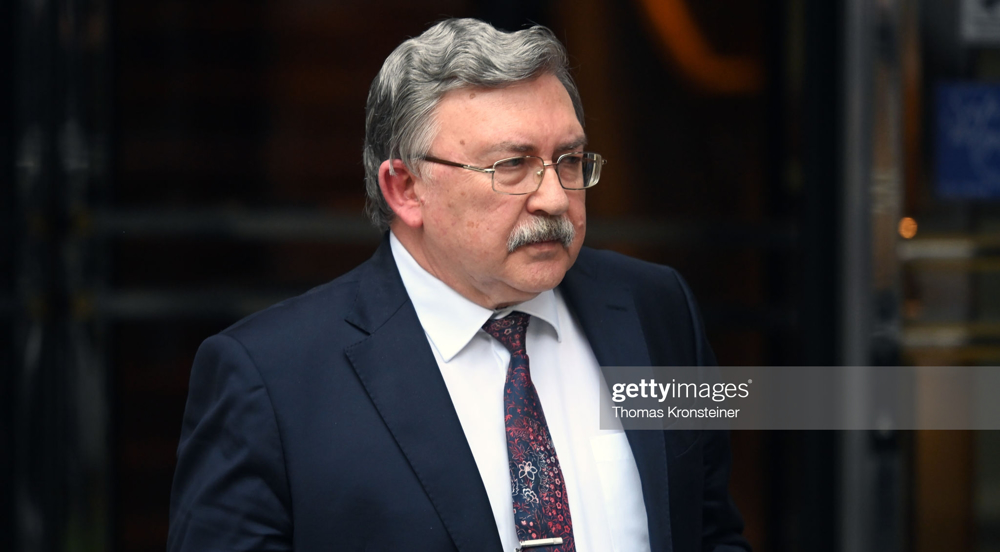
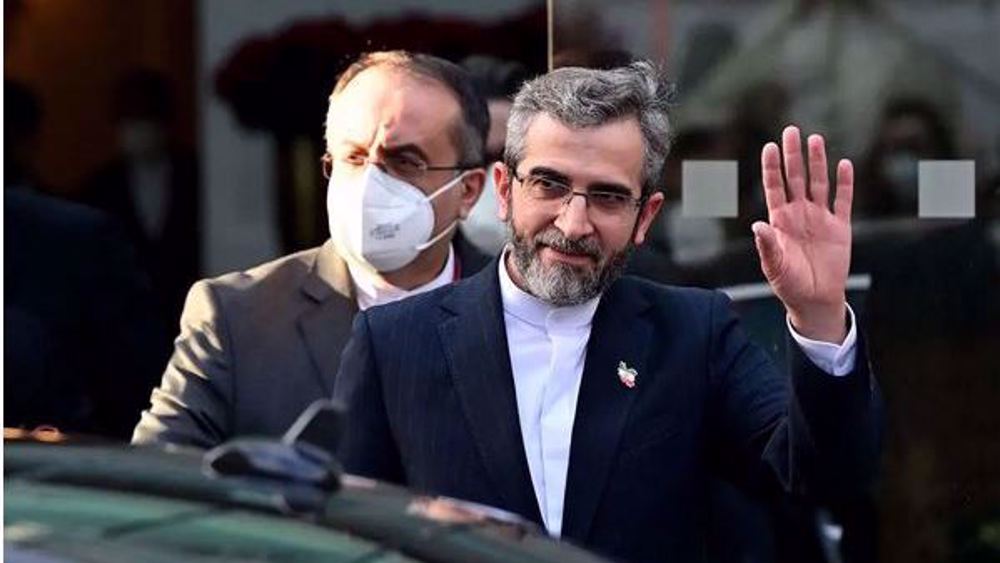
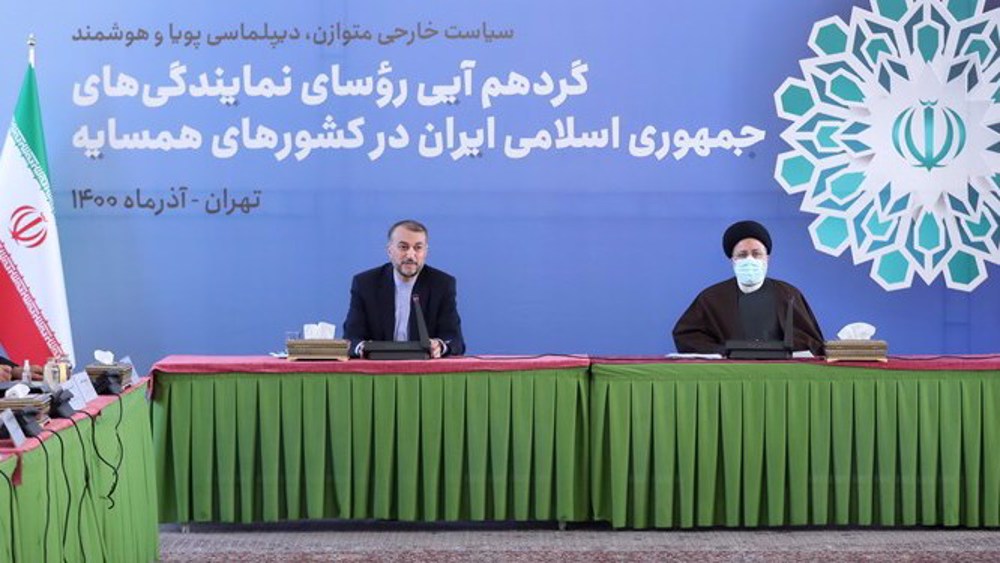
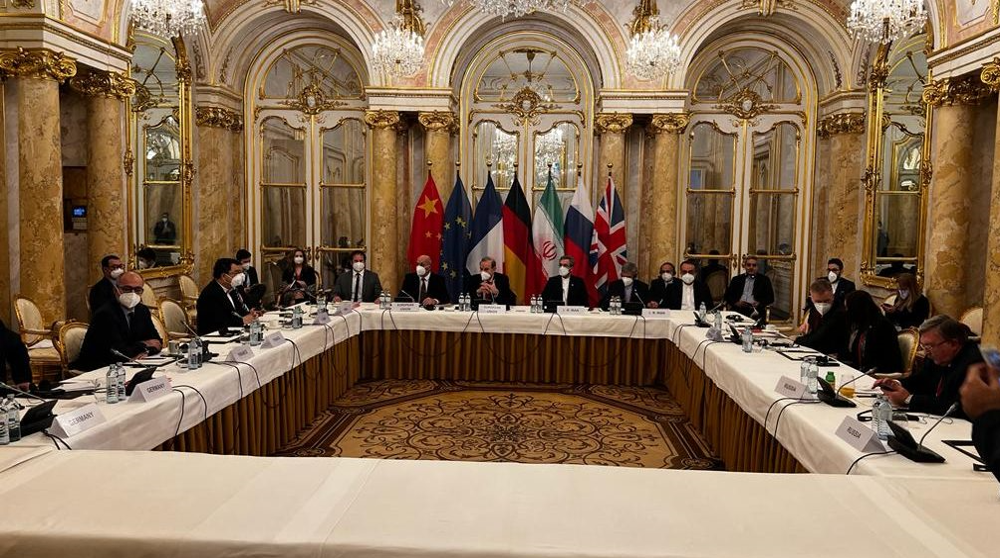
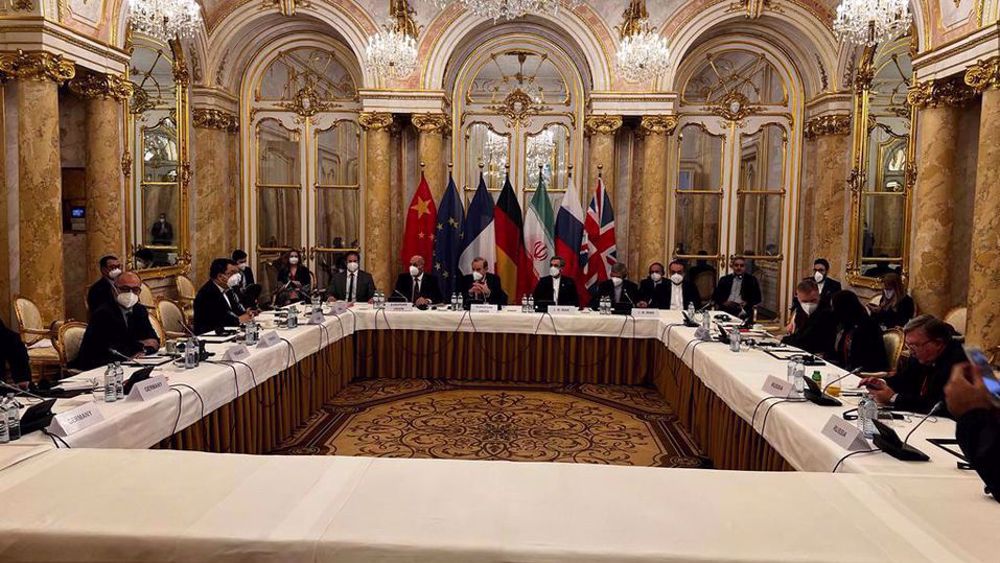

 This makes it easy to access the Press TV website
This makes it easy to access the Press TV website